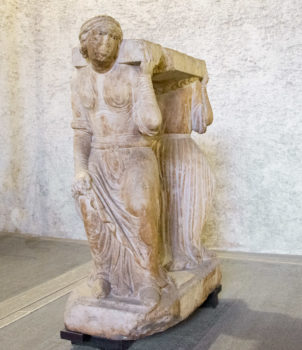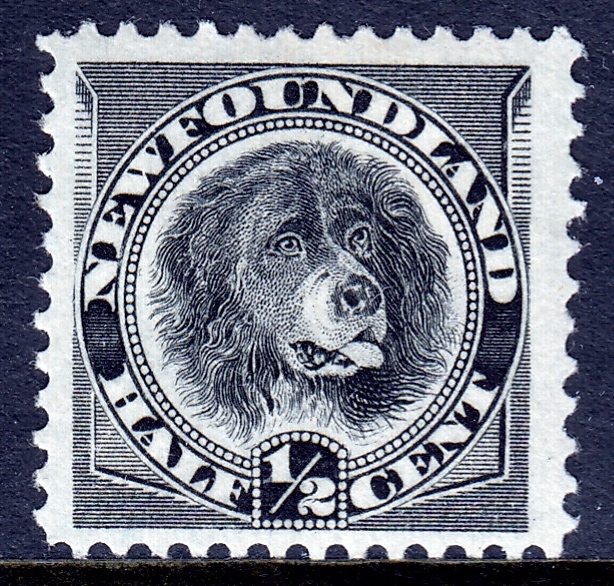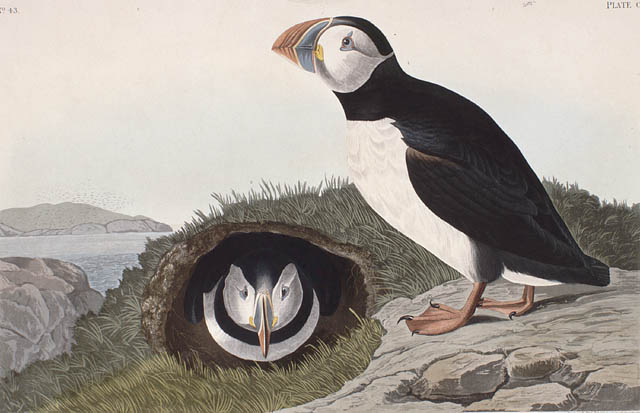Access to government information is one of the key elements of a thriving democracy. And it’s the government’s responsibility to be the stewards of that information.
One aspect of governments’ stewardship is defining the scope of the information. To illustrate, if the scope is everything produced by government, does it include voter cards, power bill inserts, and tourism brochures? This sounds a bit like the indexer’s perennial question, “Is it indexable?”
Another aspect of government’s stewardship is making the information accessible…especially when it comes to those dense reports. Clearly, the solution is indexes. And because governments are always producing reports, the opportunities for indexers who do this kind of work is probably endless.
Thanks to Max McMaster, you can learn all about indexing government reports and the specific skills that are needed when you come to the conference in St. John’s, Newfoundland June 12-13.
Register here on the conference page.




